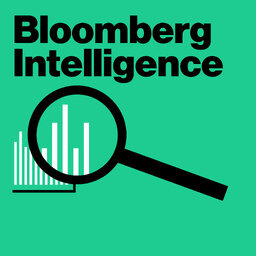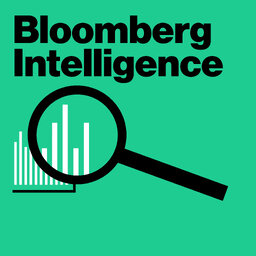Ken Fisher: Bureaucrat Negotiations Are Big Brexit Risk (Audio)
(Bloomberg) -- Taking Stock with Kathleen Hays and Pimm Fox. GUEST: Ken Fisher, Founder of Fisher Investments, on the impact of Brexit and this year's election on capital markets and the global economy.
 Bloomberg Intelligence
Bloomberg Intelligence


